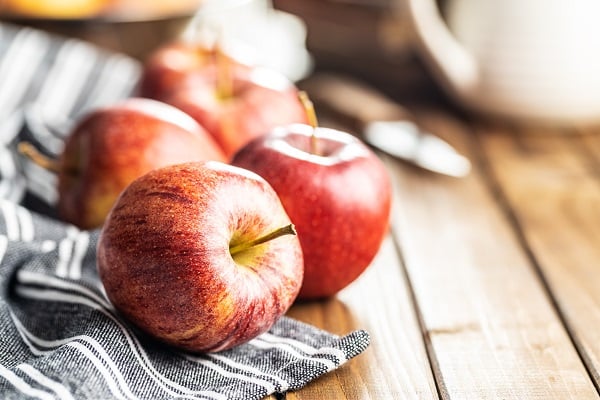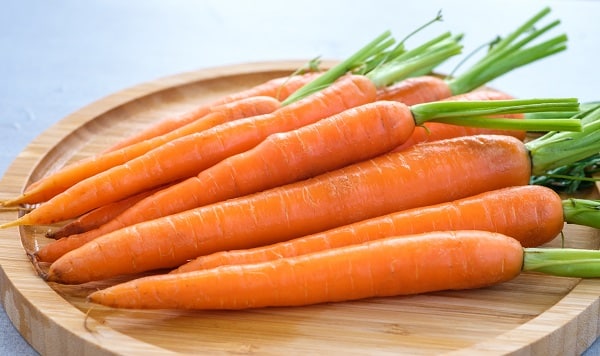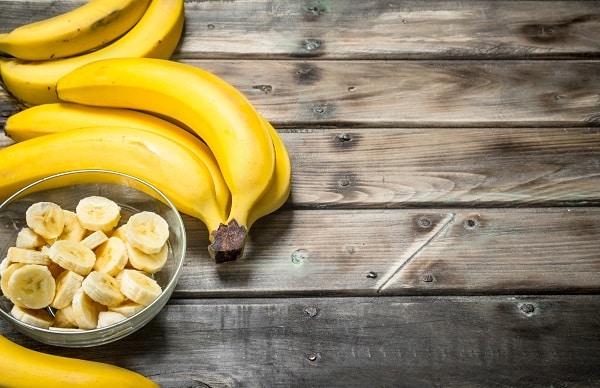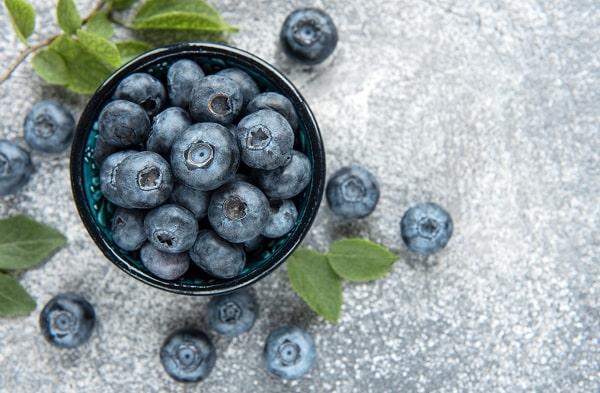Diet plays a crucial role in a dog’s health and longevity. This includes not only their staple food but also the treats and additional nutrients they receive from other sources. One often-overlooked area of a canine’s nutrition is fruits and vegetables, which can provide a host of benefits to dogs when properly incorporated into their meals. While dogs are primarily carnivores, a balanced diet that includes certain fruits and vegetables can enrich their health significantly. This blog post aims to shed light on the kinds of fruits and vegetables that are both safe and beneficial for dogs.
Contents
Apples

Apple, the ubiquitous fruit, holds a place of honor among the fruits safe for canine consumption. Renowned for their high fiber content and abundance of vitamins A and C, they can contribute significantly to a dog’s overall health. These vitamins help maintain a dog’s skin health and strengthen their immune system. Furthermore, the crunchy texture of apples serves as a natural tooth cleaner, promoting dental health.
However, dog owners must exercise caution while serving apples. It’s not the apple per se, but its seeds, stems, and leaves that pose a risk. These parts contain cyanide, a harmful substance for dogs when ingested. Therefore, to safely incorporate apples into a dog’s diet, remove these parts thoroughly before serving. It’s also recommended to cut the apple into manageable slices to prevent choking.
Carrots

Carrots are another excellent addition to a dog’s diet, offering both health benefits and a satisfying crunch. Carrots are rich in vitamin A, which plays an essential role in a dog’s growth, reproduction, immune function, and vision. Besides being nutrient-dense, chewing carrots can also improve a dog’s dental health, helping remove plaque from their teeth.
However, serving carrots requires some precautions to ensure the safety of dogs. To avoid the risk of choking, it is recommended to cut carrots into smaller pieces, especially for smaller dogs or puppies. It’s also important to remember that even though carrots are healthy, like any other food, they should be given in moderation to prevent any potential digestive issues.
Bananas

Bananas offer a unique blend of taste and nutrition, making them a delightful treat for dogs. They are packed with essential vitamins and minerals, such as potassium, vitamin C, and fiber. As such, they contribute to a dog’s overall well-being, supporting their cardiovascular health, improving digestion, and enhancing skin and coat health.
However, the high sugar content in bananas means they should be served to dogs sparingly. Overconsumption can lead to weight gain and associated health issues. They should be peeled before serving, and it is important to remember to cut them into appropriately sized pieces to avoid any choking hazards.
Spinach

Known for its nutrient-packed profile, spinach is one of the leafy greens that can be beneficial for dogs. It contains numerous essential nutrients like iron, vitamins K, A, B, and C, and antioxidants that can boost a dog’s immunity and help maintain healthy skin and fur. Besides, its high fiber content aids in digestion.
Nevertheless, spinach should be given in moderation due to its high oxalic acid content. Consumed in large amounts, oxalic acid can cause kidney damage in dogs. It is also important to serve spinach cooked, as cooking reduces its oxalic acid content, making it safer for dogs to consume.
Blueberries

Blueberries are antioxidant powerhouses that can contribute positively to a dog’s health. They contain a wealth of essential nutrients like vitamins C and K, fiber, and antioxidants. These nutrients work together to support a dog’s immune system, promote heart health, and help ward off various diseases.
Despite their health benefits, it’s crucial to remember that blueberries should be given in moderation. Overindulgence can lead to diarrhea due to their high fiber content. The size of blueberries usually poses no choking hazard, making them an easy and safe snack. However, monitor a dog’s reaction when introducing any new food, blueberries included, to ensure no adverse reactions occur.
Celery

Celery provides a crunchy, nutritious snack for dogs, packed with an array of essential nutrients. It’s known for its high content of vitamins A, B, and C, which support a dog’s overall health. Besides, celery also promotes fresh breath, which makes it an appealing option for owners who are mindful of their dog’s oral hygiene.
To ensure the safety of dogs while they enjoy their celery snack, it’s important to chop it into small, manageable pieces. Large chunks of celery can pose a choking risk, particularly for smaller breeds. Also, it should be given in moderation as part of a balanced diet.
Oranges

Oranges, with their sweet and tangy taste, can be a great source of vitamin C for dogs. This vitamin boosts the immune system and can help dogs fight off common diseases. Additionally, oranges provide dietary fiber, which aids digestion.
However, it’s essential to prepare oranges properly before feeding them to dogs. The peel and seeds of oranges should be removed as they can cause digestive issues. Furthermore, given their high sugar content, oranges should be served in moderation to prevent weight gain and other health issues related to excessive sugar intake.
Green Beans

Green beans offer a host of benefits for dogs, being low in calories and high in fiber. They also provide an excellent source of vitamins C and K, which contribute to a dog’s general health. For dogs that need to lose weight, green beans can be a beneficial addition to their diet due to their low caloric content.
However, it’s important to choose green beans that are unsalted and unseasoned. Seasonings, especially those containing onion and garlic, can be harmful to dogs. Serving methods can vary – green beans can be given raw, steamed, or cooked, but always without any added spices or oils.
The Bottom Line
Fruits and vegetables can enrich a dog’s diet with vital nutrients when offered safely and in moderation. As shown in the examples above, choices like apples, carrots, bananas, spinach, blueberries, celery, oranges, and green beans can provide a range of health benefits for canines. Yet, the importance of preparation and portion control should never be overlooked to ensure these foods do not pose any health risks. Always consult with a veterinarian before introducing any new food into a dog’s diet to ensure it’s suitable for the specific needs and conditions of the pet.


